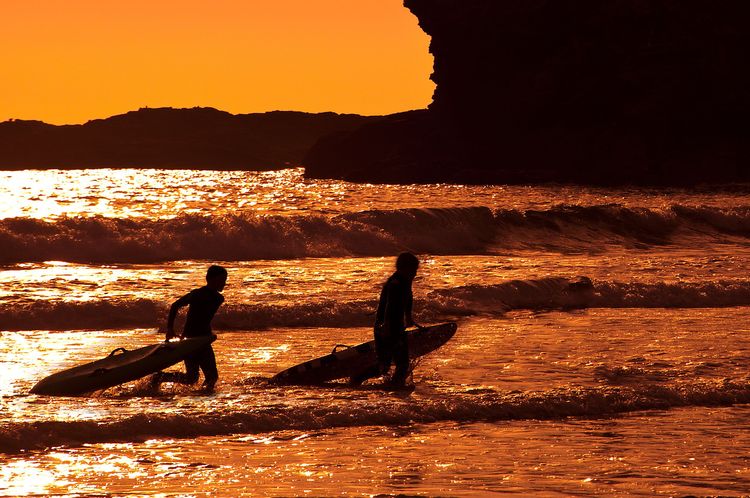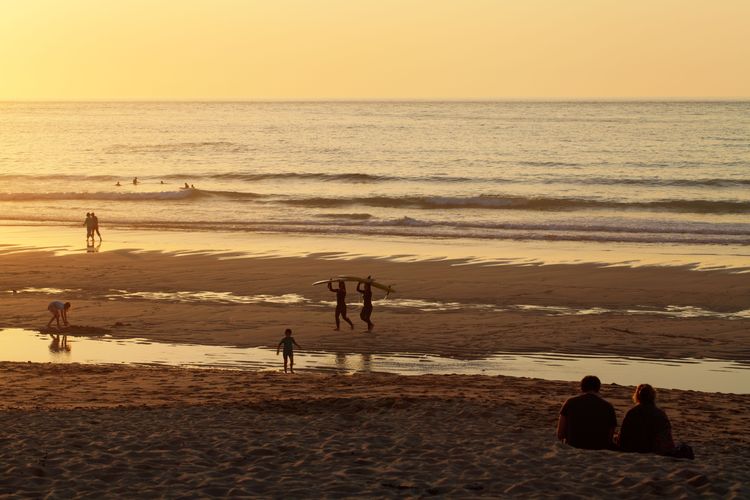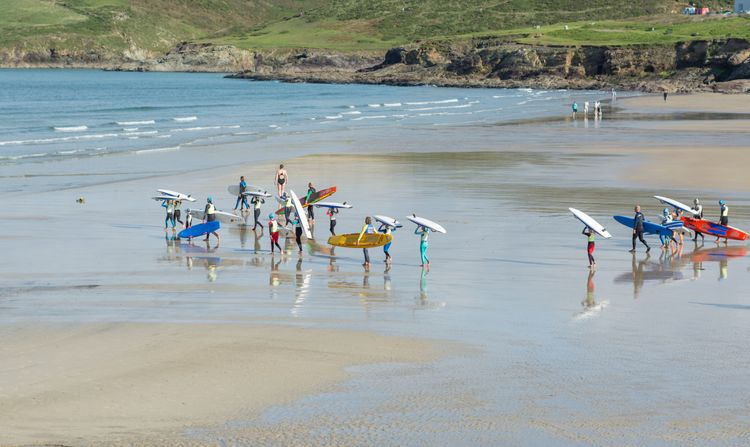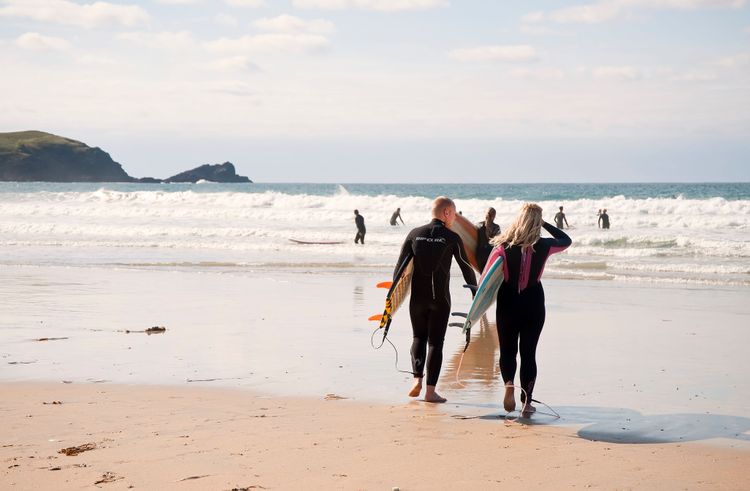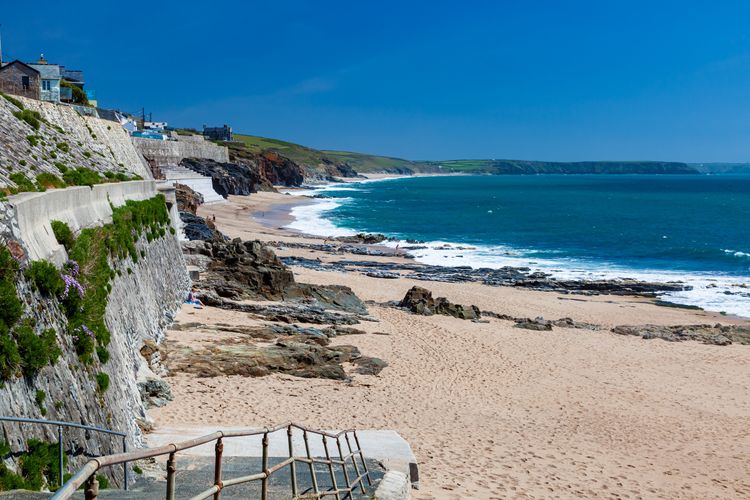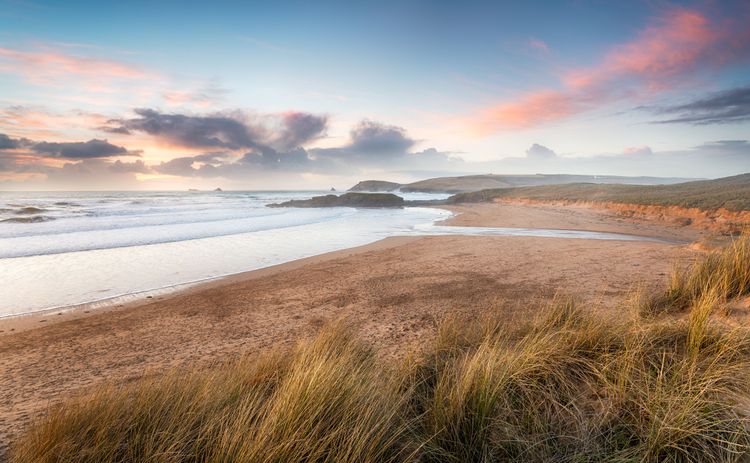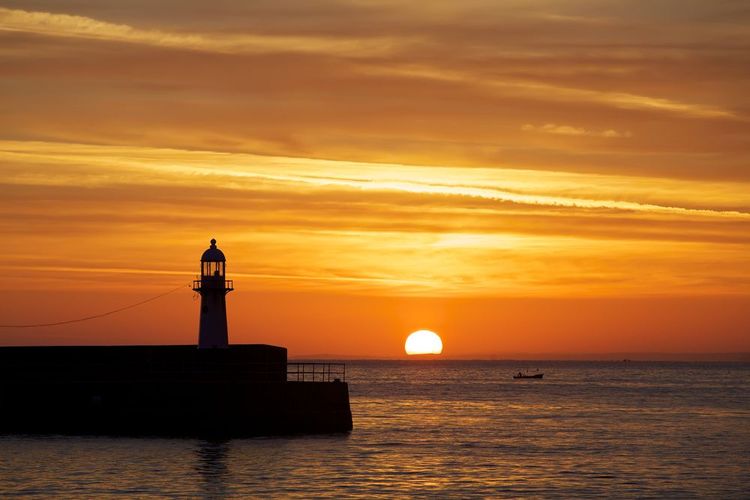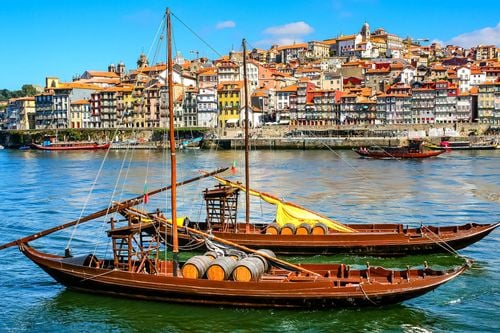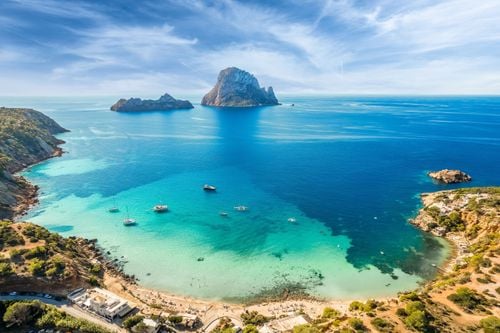Surfing was first introduced in the United Kingdom by four young Australians in 1929 in the Cribbar, a reef in Newquay, Cornwall. From the very beginning of the sport’s presence in Britain, Cornwall was at the centre of it. All over Cornwall, the sport grew as more people started taking advantage of the region’s surfing waves. The UK’s oldest surf club, the Cornwall Surf Club was founded in 1960 and took charge of planning events, competitions and hosting other surfing-related activities.
Since then, surfing has managed to embed itself more and more in local culture, reaching progressively wider audiences as time went on. Today, it’s safe to say that surfing is an undeniable staple of what makes Cornwall so special and feel so otherworldly to the rest of the UK.
